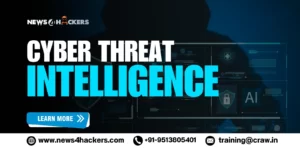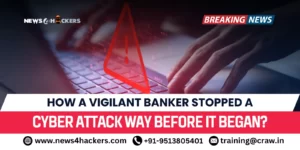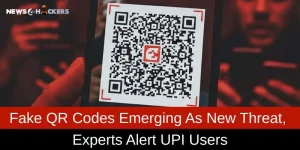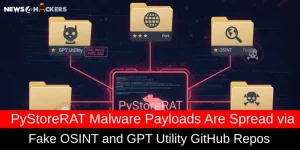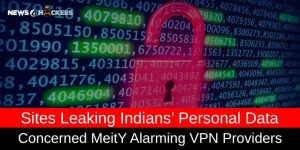Personal Cybersecurity: Maintain Good Cybersecurity Habits
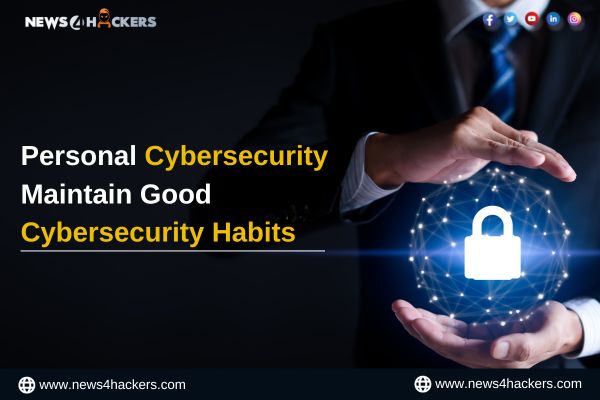
Personal Cybersecurity: Maintain Good Cybersecurity Habits
To mitigate the risk of identity theft, online scams, malware, fraud, and other cyber threats, there are some measures you may adopt, such as fortifying your passwords and exercising greater vigilance when dealing with emails from unfamiliar sources.

With over 15 million persons falling prey to identity theft in 2021 and suffering financial losses of up to $24 billion each year, safeguarding your personal information and assets has become increasingly crucial.
Below is a cybersecurity checklist to assist you in commencing your efforts.
Protect Your Devices
- Maintain the latest versions of your software, operating system, and browser. Software firms consistently incorporate security patches into each subsequent version. Timely installation of updates can enhance the security of your devices by providing protection against harmful software, sometimes referred to as malware.
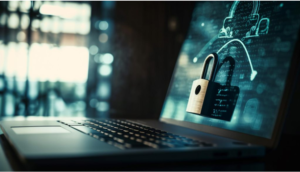
- Utilize reliable antivirus software on your own computer or laptop. Implementing these measures can effectively safeguard your device from malware infiltration and maybe eliminate any pre-existing infections.
- Exclusively obtain programs from Google Play™ or the App Store® and refrain from acquiring them from any other app store. Third-party application marketplaces, or applications that spontaneously appear and prompt you to download them, are more prone to harboring malicious software.
Secure Your Account Logins
- Avoid using identical or similar passwords for various websites and applications. If a hacker successfully breaches one of your accounts, all of your other accounts that share the same password could be at risk of being compromised.
- It is advisable to utilize a password manager, which will generate distinct, lengthy, and intricate passwords on your behalf and subsequently store them in an encrypted format.
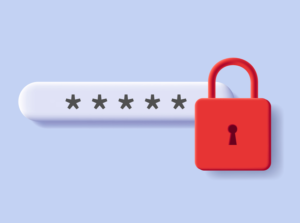
- Implement Multi-Factor Authentication (MFA) in order to access any website or application that is involved in financial transactions or has access to your personal data. MFA serves as an additional authentication measure, supplementing your login and password, to validate your identity and safeguard access to your account. Explore further about Morgan Stanley’s MFA (Master of Fine Arts) offerings.
Think Before You Click or Share
- Avoid clicking on hyperlinks or opening attachments in unsolicited emails or text messages. Engaging in such actions could potentially result in the installation of malicious software on your device.
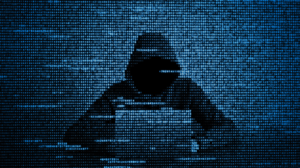
- Classify unwelcome emails as spam or garbage and promptly remove them instead of opting for the unsubscribe option. By clicking on the unsubscribe button, you are inadvertently notifying scammers that your email is actively being used, hence increasing the likelihood of being targeted by them. Furthermore, these buttons may potentially direct you to harmful information.
- Exercise caution while disclosing Personally Identifiable Information (PII) through phone calls, emails, or text messages, particularly if you did not start the communication.
- Restrict the amount of personal information you disclose on social media platforms and secure the privacy settings of your accounts. Your online information is susceptible to exploitation by criminals.
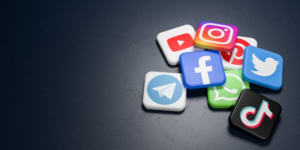
- Grant applications only the necessary permissions. Granting application permission to access your photographs, location, camera, contacts, and other data exposes your personal information to the application owner, thereby compromising your online privacy.
Cybersecurity on the Go
- Refrain from utilizing public Wi-Fi hotspots, such as those found at coffee shops, airports, hotels, and similar establishments. Alternatively, adhere to the use of the mobile network and establish a personal Wi-Fi hotspot using your phone. When utilizing public Wi-Fi, it is imperative to employ a Virtual Private Network (VPN) to prevent unauthorized interception of your communications.
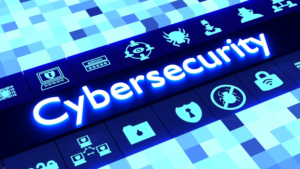
- Avoid utilizing charging wires or USB ports that are accessible to the general public while connecting your devices. These can be utilized to deploy malicious software onto your device or pilfer your data. Ensure that you always connect your cord directly to the power source.
Tips to Combat Cyber Threats
- To limit the risk of mistakenly entering your login information on a bogus website, it is advisable to establish and store bookmarks for the essential banking and brokerage websites that you frequently visit.
- Make sure you utilize a dependable email service provider that incorporates robust security measures like multi-factor authentication (MFA) and effective spam filtering. Utilizing an antiquated email account lacking contemporary security measures may heighten the probability of malware infiltration.
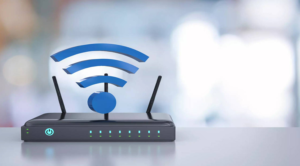
- To detect any fraudulent activity on your current credit lines, utilize a trustworthy firm that specializes in monitoring credit and identity theft. Furthermore, it is advisable to implement a credit freeze as a precautionary measure to thwart potential fraudsters from exploiting your personal information in order to open new credit accounts. Inquire with your financial advisor regarding Morgan Stanley’s identity and credit protection offering, available through our CashPlus program, in collaboration with Experian®. Please note that the link provided will open in a new tab.
- Enhance the security of your home Wi-Fi network by modifying the default password and username of your router. Establish a distinct wireless network for your visitors and ensure that it remains unlinked to the intelligent devices in your residence.
- It is advisable to utilize a dedicated device solely for banking or investment purposes. Implementing physical isolation of your devices can enhance the security of your high-stakes activities by safeguarding them against cyber-enabled fraudulent actions.
Ensuring the protection of your assets and personal information is of utmost importance at Morgan Stanley, and you have a crucial responsibility in this regard. Adhering to the aforementioned guidelines for enhancing your personal cybersecurity can assist in preventing you from falling prey to cybercriminal activities.
About The Author:
Yogesh Naager is a content marketer who specializes in the cybersecurity and B2B space. Besides writing for the News4Hackers blog, he’s also written for brands including CollegeDunia, Utsav Fashion, and NASSCOM. Naager entered the field of content in an unusual way. He began his career as an insurance sales executive, where he developed an interest in simplifying difficult concepts. He also combines this interest with a love of narrative, which makes him a good writer in the cybersecurity field. In the bottom line, he frequently writes for Craw Security.
READ MORE ARTICLE HERE



